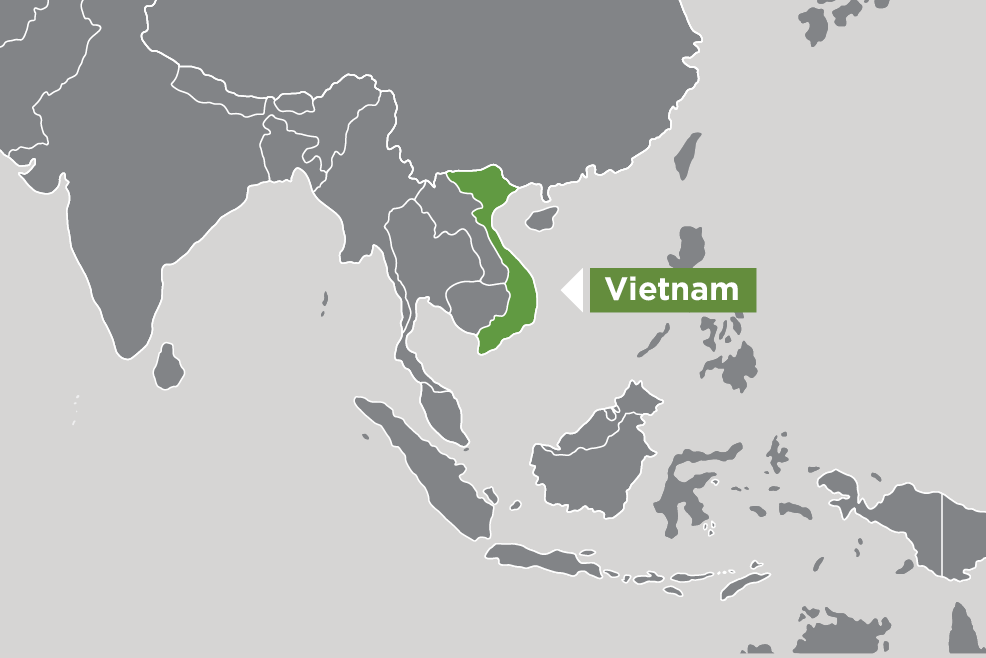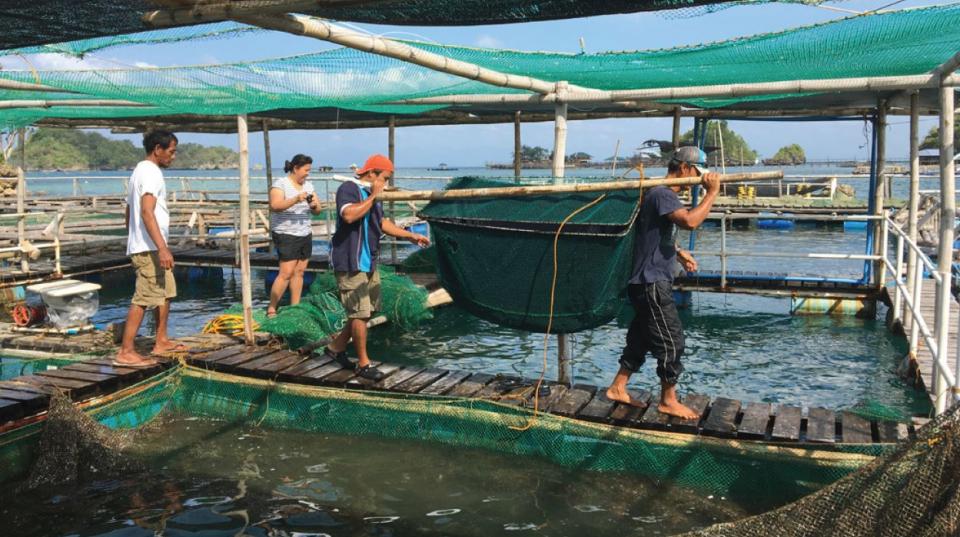Overview
This project aims to address bottlenecks in the aquaculture grouper supply chain in Vietnam and Australia by researching nutritional constraints, commercial feed adoption, and factors affecting the supply of high-quality eggs, larvae, and juveniles.
The Vietnamese grouper industry, which produces over 10,000 tonnes of grouper, is the most profitable sector of marine aquaculture in Vietnam. However, the use of 'trash fish' as feed can lead to pollution and suboptimal health outcomes.
The Australian grouper industry is limited by a lack of specific grouper feeds, but one company has recently used limited nutrient requirement data into a commercial feed. The Vietnam industry faces limitations in the availability of commercial-level volumes of high-quality fingerlings, as the 3 regionally located Research Institutes for Aquaculture (RIAs) provide limited fingerling supply services.
Understanding nutritional limitations at the hatchery and grow-out stages of grouper production is crucial for debottlenecking the sustainable expansion of grouper farming, facilitating profitability for Vietnamese smallholders and transitioning to small and medium enterprises.
The development of an appropriate formulated feed is also crucial for the growth of grouper farming. Disease is likely the largest threat to the growth of grouper farming, but the development and widespread implementation of formulated feed will reduce this risk and increase the potential for industry growth.
Activities
- Implementing trials to quantitatively determine nutrient requirements and effectiveness of feed additives for implementation into grouper feeds.
- Determining digestibility of raw materials for grouper.
- Performing experiments to determine maximum limits for raw materials in formulation.
- Collecting data on farmer attitudes at the start and end of the project.
- Conducting controlled feed trials at RIA facilities and on-farm to compare formulated feed to 'trash fish'.
- Testing optimal feeding rates and methods with formulated feed and 'trash fish'
- Compiling production data into models that give expected growth given size and temperature, along with feed types and volumes.
- Conducting broodstock feeding trials and quantitative documentation of effect on egg quality, fertilisation rate, and biochemical composition.
- Conducting structured replicated feed trials to evaluate incorporation of feed attractants on growth and weaning success.
- Evaluating commercial enrichments and additives in live feed trials, measuring effectiveness of enrichments and their impact on fish larvae development.








